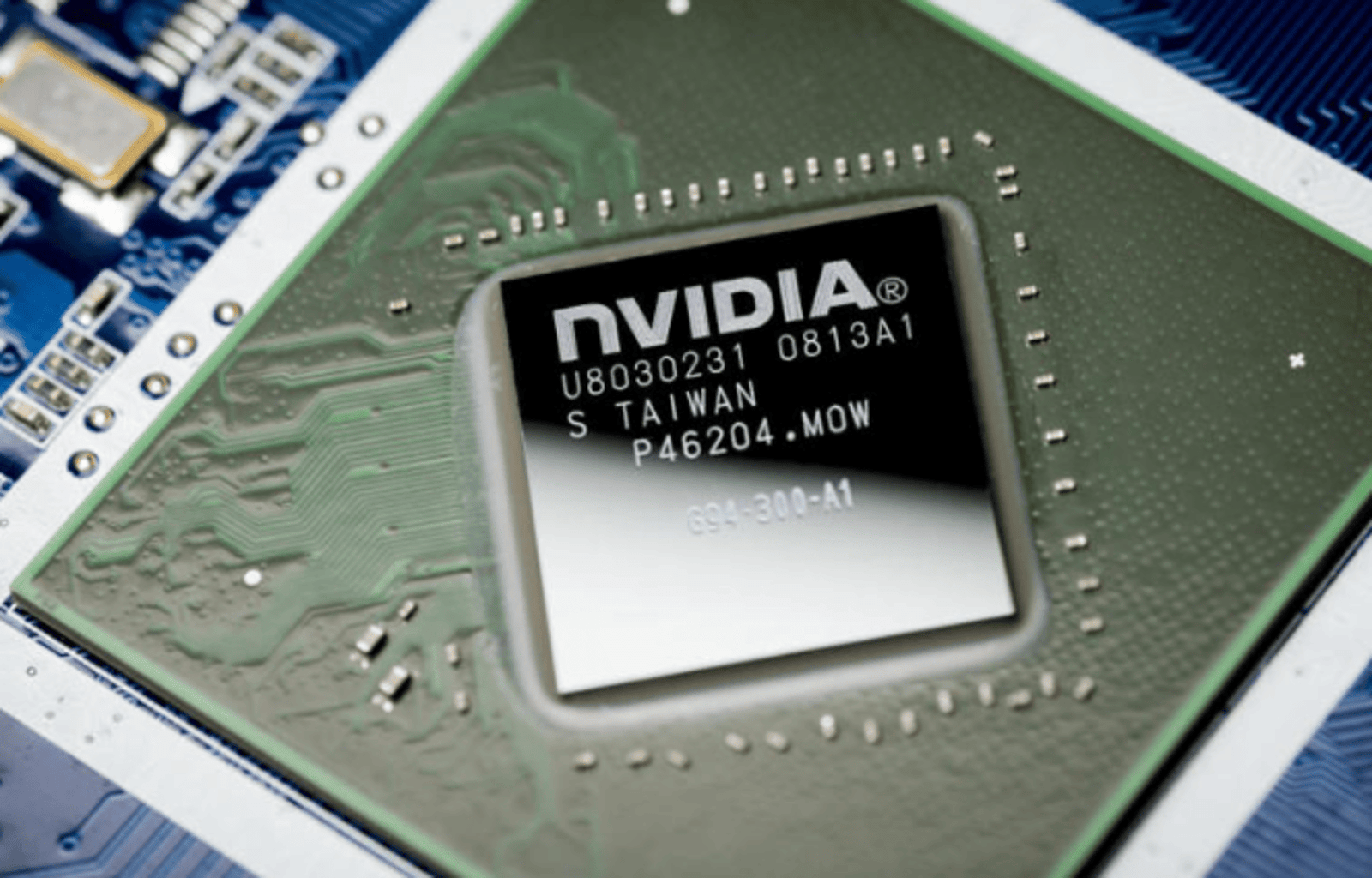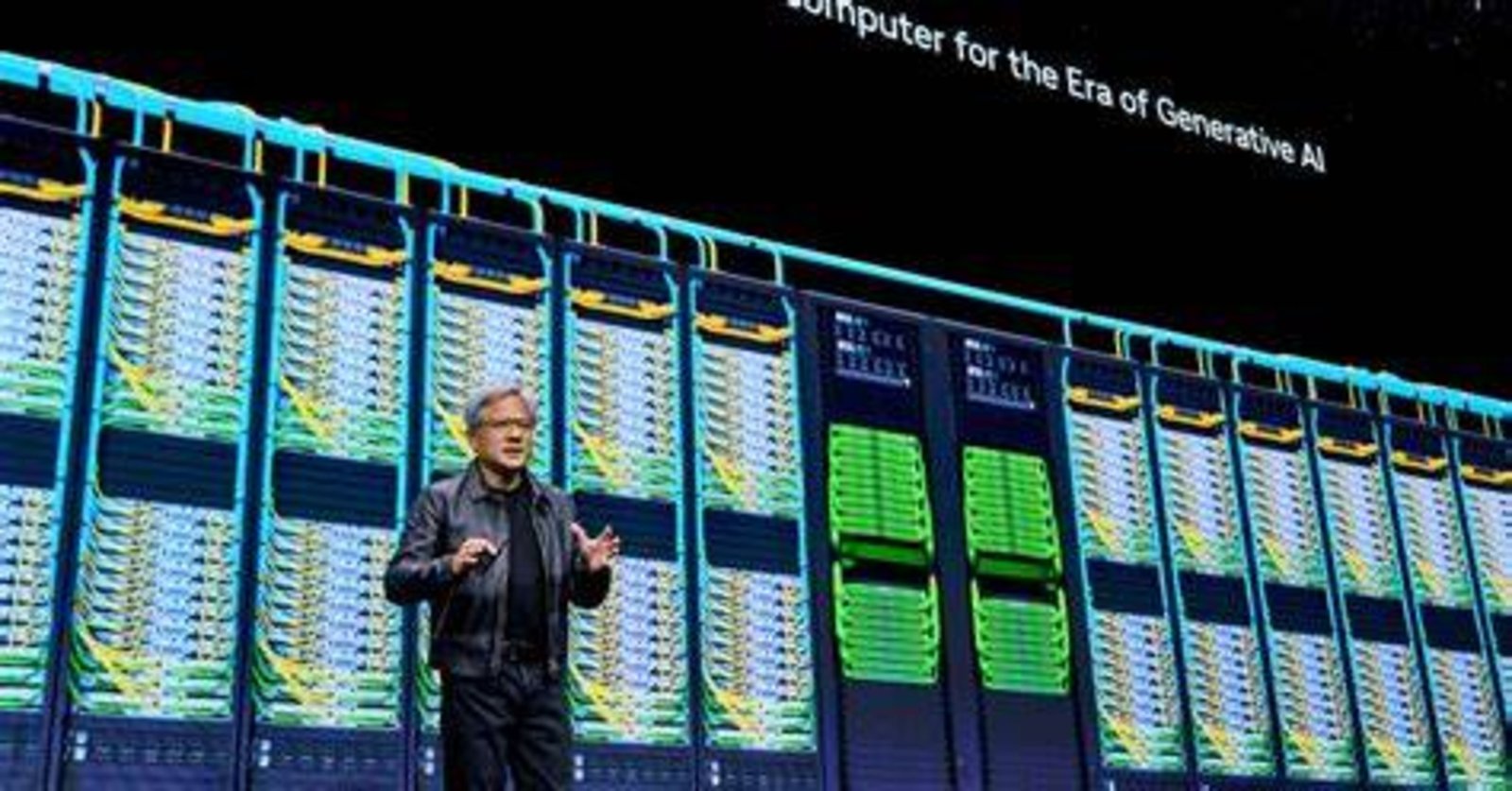
Musks 5 Ways Polymarket Shapes Votes. Elon Musk Praises Polymarket as a Predictor of Electoral Outcomes
Elon Musk has recently strongly supported Polymarket, calling it a more accurate gauge of public sentiment than traditional polls. His comments follow a notable endorsement of Donald Trump, which has sparked significant interest in the betting platform this election season. Musks 5 Ways Polymarket Shapes Votes
Polymarket: A New Betting Landscape
Polymarket is an Ethereum-based betting platform. It allows users to wager on various outcomes, including political elections. By leveraging crowd wisdom, Polymarket taps into the collective predictions of its users. This approach has gained traction, particularly during the current electoral cycle.
With billions of dollars in betting volume, Polymarket has positioned itself as a serious contender in predicting election results. The platform’s popularity has surged as users seek alternatives to conventional polling methods.

Musk’s Endorsement Shakes Up the Race
He praised Polymarket for its accuracy. He stated, “More accurate than polls, as actual money is on the line.” His endorsement came shortly after attending a Trump rally in Pennsylvania.
This endorsement had an immediate effect. Trump began to lead over Kamala Harris in Polymarket’s presidential betting pool.
Backlash Over Musk’s Support
Musk’s endorsement did not come without controversy. Some accused Musk of bias and hypocrisy. They highlighted a perceived contradiction between his current support for Trump and Musk’s past comments.
Critics also recalled Trump’s previous treatment of Musk during his presidency. Speculation arose that Musk’s support might be an attempt to gain favor with the government for his business interests.
Critics quickly pointed out that Musk’s support for Trump contrasts sharply with his previous statements about political figures and issues. Some recalled moments when Musk appeared to challenge or distance himself from Trump during his presidency. This inconsistency led many to question the sincerity of his endorsement and whether it was driven by strategic interests rather than genuine support.
Moreover, the timing of Musk’s comments—following a high-profile visit to a Trump rally—only intensified scrutiny. Detractors argued that his endorsement was not merely a personal opinion but a calculated move to align himself with a candidate who may influence policies affecting his vast business empire. Many speculated that Musk’s motivations could be rooted in a desire to curry favor with the government, especially regarding regulatory issues in industries like electric vehicles and space exploration.
The backlash also encompassed concerns about Musk’s influence on public discourse. As a prominent figure with millions of followers, his opinions can sway public sentiment and, in turn, impact betting markets.
The Rise of Polymarket in Political Betting
Nearly $1.4 billion has been wagered on the election outcome. Monthly trading volume on Polymarket grew from $53 million in January to $504 million by September. The number of active users also skyrocketed from around 4,000 to over 80,000 in just a few months.
Data Trends from Polymarket
According to Dune Analytics, the trend in Polymarket’s trading volume is remarkable. However, the second and third quarters experienced explosive increases.
In the first week of October alone, $250 million was traded. This figure suggests that October could surpass September’s record volume.
Polymarket has emerged as a prominent player in the realm of prediction markets, particularly during this election cycle. The data trends on the platform reveal fascinating insights into user behavior and betting patterns, shedding light on public sentiment regarding political outcomes.
In the early months of 2024, Polymarket recorded steady growth in trading volume. For instance, January saw approximately $53 million in transactions, reflecting a modest interest in political betting. However, as the election season gained momentum, this figure skyrocketed. By September, trading volume surged to an impressive $504 million, showcasing a significant uptick in user engagement.
The increase in trading activity can be attributed to several factors. First, as major political events unfolded—such as campaign rallies, debates, and policy announcements—users became more eager to place bets based on the evolving political landscape. This heightened interest is evident in the rapid rise in active users, which jumped from around 4,000 in January to over 80,000 by September.
Moreover, the first week of October alone demonstrated Polymarket’s robust activity, with $250 million in trading volume already recorded. This early surge suggests that October could break previous records, reflecting a growing enthusiasm among bettors as the election date approaches.
For example, following Elon Musk’s endorsement of Donald Trump, betting dynamics shifted, with Trump overtaking Kamala Harris in the presidential betting pool. This illustrates how external factors, such as endorsements and public appearances, can influence betting behavior on the platform.
Overall, the data trends from Polymarket highlight its unique ability to capture real-time sentiment in the political arena. As the election nears, the platform’s ongoing growth may provide valuable insights into the electorate’s mood and potential outcomes.
Conclusion
Elon Musk’s praise for Polymarket underscores the shifting landscape of political prediction. As traditional polls face criticism, platforms like Polymarket are gaining traction. The blend of betting and prediction allows users to invest in their beliefs.
With the election just weeks away, all eyes will be on Polymarket and its ability to reflect public sentiment. The platform’s rapid growth and Musk’s endorsement highlight a new era in political forecasting.
In this dynamic environment, the intersection of technology, finance, and politics will continue to evolve. The outcomes on Polymarket may provide insights into the broader electoral landscape. As users place their bets, they are contributing to a unique form of participatory prediction.








